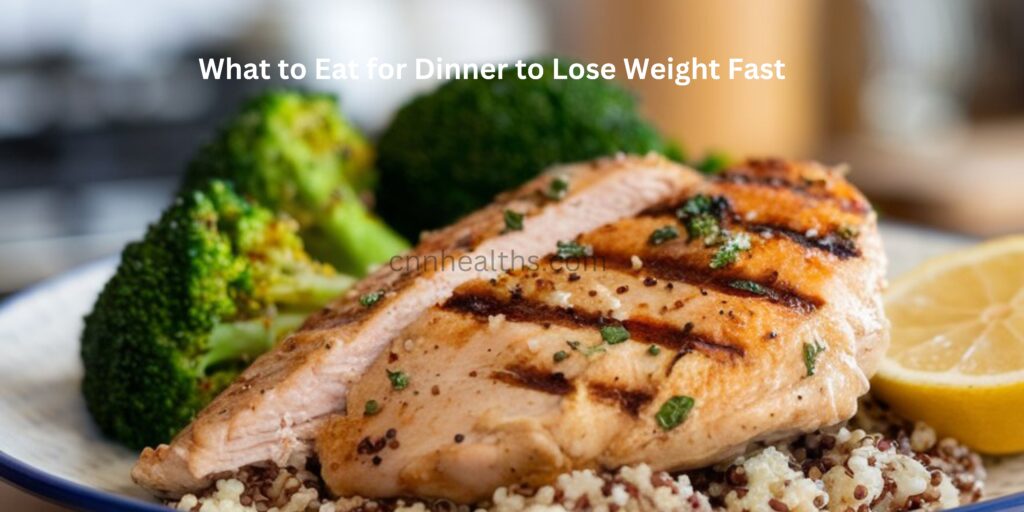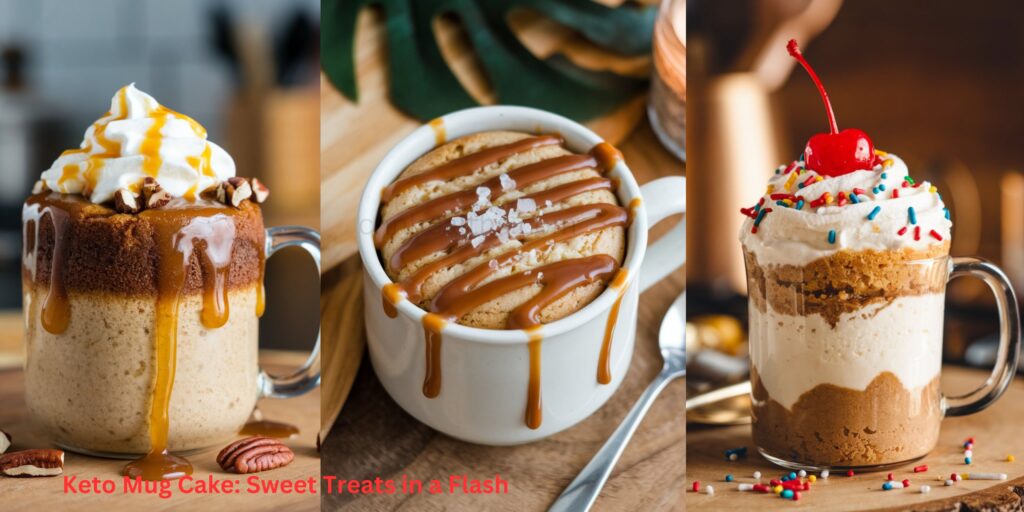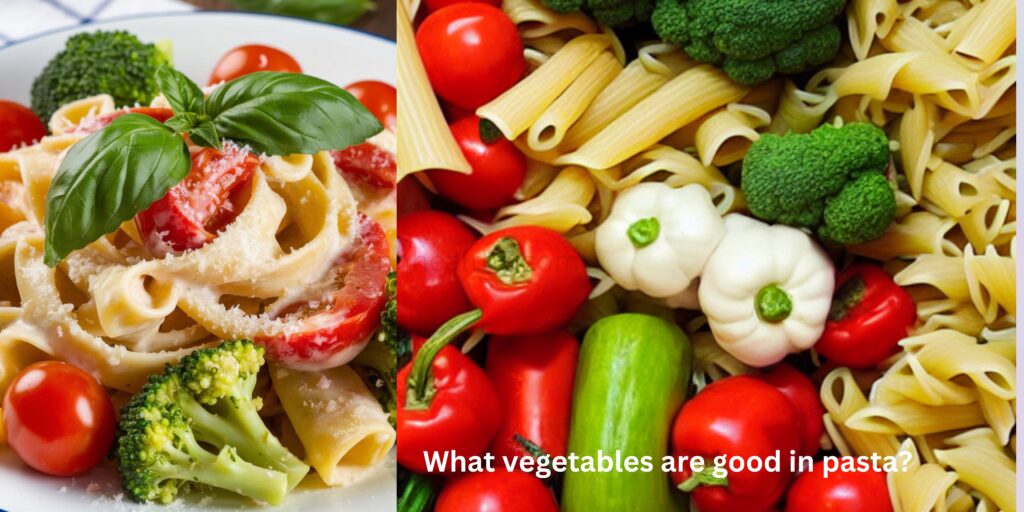Introduction What to Eat for Dinner to Lose Weight Fast
If you’re on a mission to shed some pounds quickly, the phrase “eat for dinner to lose weight fast” is likely at the forefront of your mind. Dinners play a crucial role in your daily nutritional intake, and making the right choices can accelerate your weight loss journey. In this blog post, we’ll explore how to craft a dinner that aids in weight loss, focusing on balanced meals that satisfy your hunger without derailing your goals.

Understanding the Role of Dinner in Weight Loss
Dinner is a golden opportunity to fuel your body with the right nutrients while steering clear of excess calories. It’s a pivotal meal that can set the tone for how your body processes food overnight. A well-thought-out dinner can help stabilize blood sugar levels, reducing those pesky late-night cravings and fostering a good night’s sleep. These factors collectively support effective weight management. Embrace the power of dinner by incorporating balanced meals that blend protein, fiber, and healthy fats. These components not only keep you full but also provide the energy your body needs without unnecessary calories. Understanding this can empower you to make choices that align with your weight loss goals.
High-Protein Meals to Keep You Full
When it comes to crafting a dinner that helps you lose weight fast, protein is an essential ingredient. High-protein meals are fantastic because they can increase your metabolism, curb your appetite, and help preserve muscle mass even as you shed pounds. Think of options like grilled chicken breast, lean turkey, tofu, or fresh fish. These protein-packed foods are not only low in calories but are also rich in essential amino acids that support muscle repair and growth.
Imagine a dinner plate with a juicy piece of grilled salmon alongside a serving of steamed broccoli and a sprinkle of quinoa. Not only is this meal delicious, but it’s also working hard to keep you satisfied and energized. Don’t forget about plant-based proteins like lentils and chickpeas, which can be great additions to salads or soups. They’re versatile, filling, and incredibly nutritious.
By making high-protein foods the star of your dinner, you’re setting yourself up for success on your weight loss journey. Plus, these meals can be incredibly tasty and satisfying, making it easier to stick to your goals without feeling deprived. So, why not make tonight’s dinner a protein-packed delight that both your taste buds and your waistline will thank you for?
Veggie-Packed Dinners for Nutrient Density
Vegetables are the unsung heroes of weight loss dinners. They’re not only low in calories but also bursting with essential vitamins, minerals, and antioxidants that keep your body functioning optimally. To make your dinner both filling and nutritious, think of incorporating a rainbow of veggies into your meals.
Leafy greens like spinach, kale, and Swiss chard are fantastic bases for salads or can be sautéed as a side. Brightly colored veggies like bell peppers, carrots, and tomatoes add crunch and flavor to any dish. Don’t forget about cruciferous vegetables like broccoli, cauliflower, and Brussels sprouts—they’re incredibly versatile and can be roasted, steamed, or added to stir-fries.
One fun way to enjoy a veggie-packed dinner is to create a “Buddha bowl.” Start with a bed of greens, then layer on roasted veggies, a serving of whole grains, and a protein of your choice. Drizzle with a light vinaigrette or a squeeze of lemon juice for a refreshing finish.
For those who love a bit of crunch, raw veggie sticks with a healthy dip like hummus can be a delightful side. Or, whip up a hearty vegetable soup loaded with chunks of zucchini, tomatoes, and beans. With so many delicious options, making vegetables the star of your dinner plate is both enjoyable and beneficial for your weight loss journey.
Healthy Fats for a Balanced Dinner Plate
When it comes to losing weight, fats often get a bad reputation, but not all fats are created equal. Healthy fats, such as those found in avocados, olive oil, and nuts, are crucial for a balanced diet. They provide essential fatty acids, aid in the absorption of vitamins, and help regulate hormones, which can all support your weight loss efforts. Imagine drizzling some rich, extra-virgin olive oil over a salad full of colorful veggies, or adding a few slices of creamy avocado to your plate. These small additions can make your meals more satisfying and nutritious.
Including healthy fats in your dinner can help you feel fuller longer, reducing the temptation for late-night snacking. Consider a handful of almonds or a spoonful of chia seeds in your meal—they’re tiny powerhouses of nutrients. Another excellent option is fatty fish like salmon or mackerel, which are high in omega-3 fatty acids known for their heart-health benefits.
Don’t forget about cooking with healthy oils. Swapping out butter for olive oil or coconut oil can make a significant difference in the quality of your meals. Even something as simple as a homemade vinaigrette made with olive oil and lemon juice can elevate the flavor and nutritional profile of your dinner.
So, embrace healthy fats—they’re your allies in the quest to eat for dinner to lose weight fast.
The Power of Fiber for Weight Loss
Fiber is a game-changer when it comes to losing weight. Not only does it keep you feeling full longer, but it also plays a vital role in digestion and blood sugar regulation. Foods high in fiber, such as whole grains, legumes, and various fruits and vegetables, should be regulars on your dinner plate. These foods help slow down the absorption of sugars and fats, preventing those dreaded sugar spikes and crashes.
Think about adding a mix of beans to your salad or swapping out white rice for quinoa. Fruits like apples, pears, and berries can also add a fiber boost to your meal. Imagine a hearty lentil soup paired with a slice of whole-grain bread, or a colorful stir-fry with plenty of veggies and a base of brown rice.
Even simple tweaks can make a big difference—try sprinkling some chia seeds or flaxseeds over your dishes. These tiny seeds are packed with fiber and can easily blend into your meals. By prioritizing fiber-rich foods, you not only enhance your dinner’s nutritional value but also set yourself up for weight loss success.
Smart Carb Choices for Sustained Energy
Carbs don’t have to be the enemy when it comes to losing weight! The trick is to pick carbs that keep you energized and satisfied. Whole grains like quinoa, brown rice, and barley are fantastic choices because they release energy slowly, keeping those hunger pangs at bay. Think of them as your secret weapon for sustained energy. Picture a delicious quinoa salad with a medley of veggies and a sprinkle of feta cheese, or a cozy bowl of barley soup with lean chicken and a rainbow of vegetables. These meals are not only filling but also provide the long-lasting energy you need to tackle your evening plans. Don’t forget sweet potatoes, another stellar option—they’re nutrient-dense and super versatile. Whether you roast them, mash them, or toss them into a stir-fry, they add a delightful touch to your dinner plate. By incorporating these smart carb choices, you’re not just fueling your body; you’re making every dinner a powerhouse of nutrition and taste.
Hydration and Its Role in Weight Management
Hydration is an unsung hero in the quest for weight loss. Drinking enough water can significantly impact how effectively your body manages weight. Often, we mistake thirst for hunger, leading us to consume extra calories that our bodies don’t actually need. Having a glass of water before your meal can help you feel fuller, reducing the likelihood of overeating. Staying hydrated also supports your metabolism and aids in the efficient breakdown of food, making it easier for your body to absorb essential nutrients.
Additionally, water plays a key role in flushing out toxins and maintaining healthy digestion. When you’re dehydrated, your body may retain water, making you feel bloated and sluggish. By drinking plenty of fluids, you help your body maintain a balance, reducing water retention and promoting a lighter, more energized feeling. It’s also worth noting that hydration supports overall cellular function, giving you more energy to stay active and burn calories throughout the day.
If plain water feels too monotonous, try infusing it with slices of lemon, cucumber, or mint for a refreshing twist. Herbal teas can also be a great way to keep your fluid intake up without added sugars or calories. By prioritizing hydration, you give your body an extra edge in your weight loss journey, making it easier to achieve your goals.
Quick and Easy Recipes for Busy Nights
When life gets hectic, having a repertoire of quick and easy recipes is a lifesaver for staying on track with your weight loss goals. One go-to option is a sheet pan dinner. Simply toss some salmon fillets and a variety of vegetables like bell peppers, zucchini, and cherry tomatoes with a drizzle of olive oil, salt, and pepper. Pop it in the oven, and in less than 30 minutes, you’ll have a delicious, balanced meal.
Another great option is a veggie stir-fry. Start by sautéing your favorite lean protein—chicken, shrimp, or tofu work well—in a bit of olive oil. Add in an array of colorful vegetables such as bell peppers, snap peas, and broccoli. Finish with a splash of low-sodium soy sauce or a sprinkle of sesame seeds for an extra burst of flavor.
For an even quicker meal, consider a hearty salad. Mix leafy greens with pre-cooked quinoa, a handful of cherry tomatoes, cucumber slices, and a protein of your choice. Top with a light vinaigrette, and you’ve got a satisfying dinner in no time.
With these recipes, you can whip up a nutritious and tasty dinner without spending hours in the kitchen.
The Importance of Mindful Eating at Dinner
Mindful eating transforms dinner from a rushed routine to an enjoyable experience. It’s about tuning into your senses and savoring each bite. Start by eliminating distractions—turn off the TV and put away your phone. Focus on the flavors, textures, and aromas of your meal. Chew slowly and thoroughly, giving your body time to signal when it’s satisfied. This practice not only enhances your appreciation for food but also helps in controlling portion sizes. By being present during your meal, you’re more likely to recognize when you’re full, preventing overeating. It’s a simple yet powerful way to align your eating habits with your weight loss goals.
Planning Your Week for Weight Loss Success
Planning is your secret weapon for successful weight loss. By dedicating a bit of time each week to strategize your dinners, you can ensure you stay on track and avoid unhealthy last-minute decisions. Start by setting aside a specific day to plan your meals. Think about your schedule and choose recipes that fit your time constraints, ensuring you have quick options for busy nights and more elaborate dishes for when you have time to savor the cooking process.
Creating a shopping list based on your meal plan is the next step. This helps you focus on buying only what you need, reducing the temptation to stray into less healthy choices. Stock up on staple ingredients like lean proteins, whole grains, and a variety of fresh vegetables. Don’t forget to include healthy fats like avocados and olive oil, and fiber-rich foods such as legumes and fruits.
Meal prepping can be a game-changer. Spend a few hours on your designated planning day to chop veggies, marinate proteins, or even cook entire meals in advance. Store them in portioned containers so you can grab and go when life gets hectic. This approach not only saves time but also helps you control portions and stay committed to your weight loss goals.
Incorporate variety to keep your meals exciting. Rotate different proteins, veggies, and grains to prevent boredom. Try new recipes or tweak your favorites to keep things fresh. Flexibility is key—if an unexpected event comes up, have a backup plan like a quick salad or a veggie stir-fry that you can whip up in minutes.
By taking these steps, you’re setting yourself up for a week of healthy, satisfying dinners that align with your weight loss journey. Planning ahead makes it easier to make mindful, nutritious choices that support your goals.

